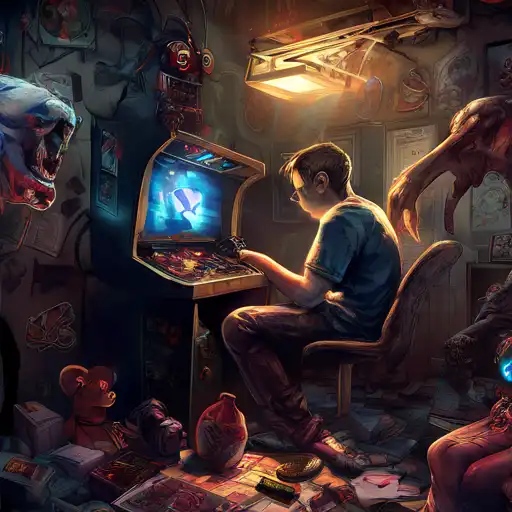Introduction to Gaming Addiction
Gaming addiction has become a significant concern in the digital age, affecting individuals across various age groups. This article delves into the psychological underpinnings of gaming addiction, shedding light on why some individuals are more susceptible than others.
The Role of Dopamine in Gaming Addiction
At the heart of gaming addiction lies the brain's reward system, primarily driven by dopamine. This neurotransmitter plays a pivotal role in how we experience pleasure and reward, making certain games incredibly addictive.
How Games Trigger Dopamine Release
Games are designed with rewards, levels, and achievements that trigger dopamine release, creating a cycle of anticipation and reward that can be hard to break.
Psychological Vulnerabilities to Gaming Addiction
Not everyone who plays video games becomes addicted. Certain psychological factors increase vulnerability, including loneliness, depression, and social anxiety.
The Escape Mechanism
For many, gaming serves as an escape from reality, offering a temporary respite from stress, anxiety, or dissatisfaction with real-life circumstances.
Social and Environmental Factors
The environment and social context also play crucial roles in gaming addiction. Peer pressure, lack of parental supervision, and easy access to games can exacerbate the risk.
The Impact of Online Communities
Online gaming communities can provide a sense of belonging and identity, further reinforcing addictive behaviors.
Strategies for Managing Gaming Addiction
Understanding the psychological triggers is the first step toward managing gaming addiction. Strategies include setting limits, seeking alternative activities, and professional help when necessary.
Creating a Balanced Lifestyle
Encouraging a balanced lifestyle with physical activities, social interactions, and hobbies can reduce reliance on gaming for emotional fulfillment.
Conclusion
Gaming addiction is a complex issue rooted in psychological, social, and environmental factors. By understanding these triggers, individuals and communities can take proactive steps to mitigate its impact.
For more insights into mental health and behavior, explore our mental health section.
